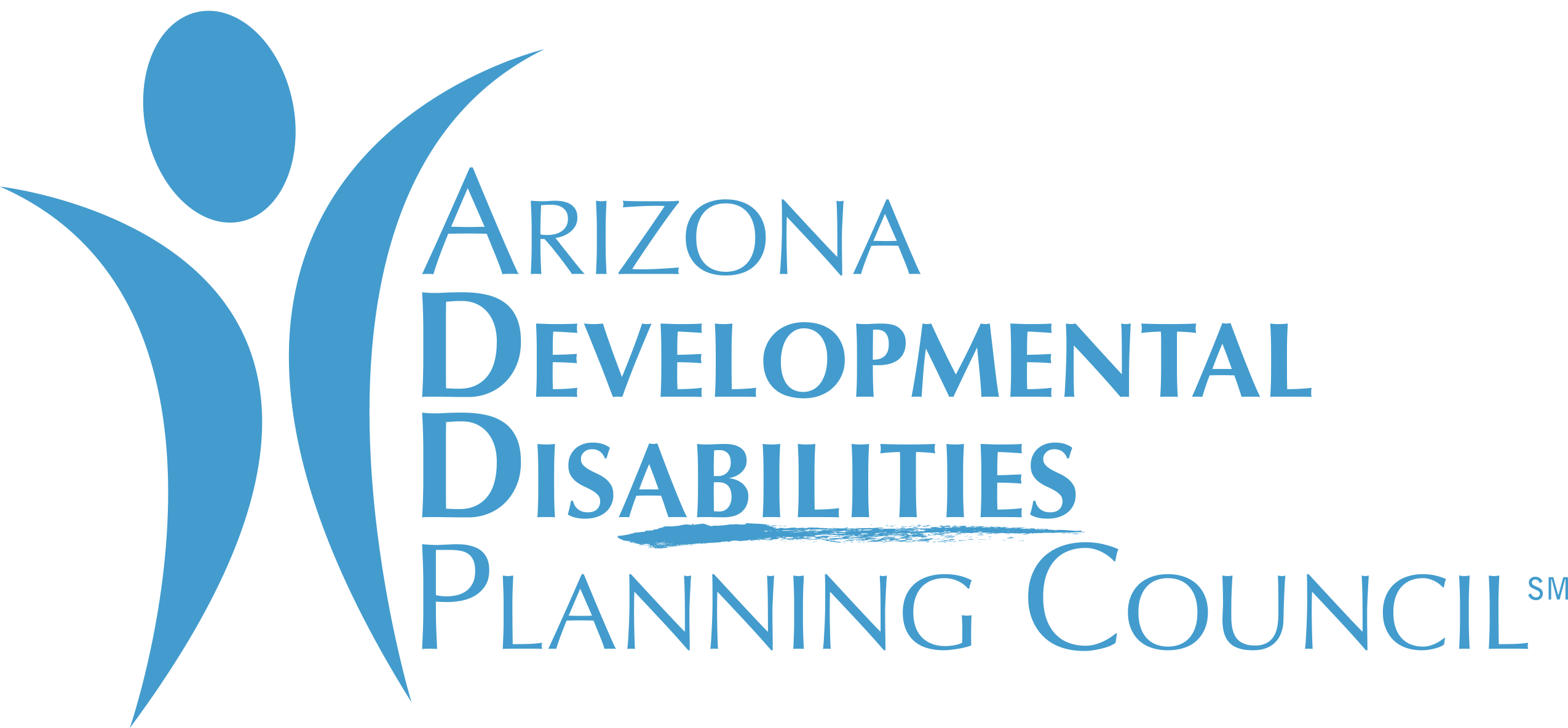Policy Perspective - May 2024 Legislative and Policy Update

It’s been a whirlwind few weeks on the state and federal level for new laws impacting the disability community, so let’s get rolling!
Fighting discrimination in healthcare:
On May 1, the U.S. Department of Health and Human Services (HHS), through its Office for Civil Rights, finalized a rule that prohibits discrimination based on disability in healthcare settings.
The disability discrimination rule addresses:
-
Medical treatment
-
Value assessment methods
-
Child welfare programs and activities
-
Web and mobile accessibility
-
Accessible medical equipment
-
Integration to create more person-centered environments
Other exciting news on the national level:
On May 7, the HHS, through its Administration for Community Living, announced a final rule to establish the first federal regulations for Adult Protective Services (APS) programs around the nation.
The APS final rule:
-
Establishes a set of national minimum standards
-
Requires APS systems to ensure that planning and delivery of all services respect the fundamental right of adults to make their own life choices
-
Establishes stronger protections for clients under guardianship or at risk of coming under guardianship
-
Requires response within 24 hours of screening for life-threatening cases
-
Requires APS to provide people at least two ways to report adult maltreatment and self-neglect at any time
-
Requires robust conflict of interest policies to support ethical APS practices
-
Establishes definitions for key APS terms to improve information sharing
-
Promotes coordination and collaboration with state agencies
This is an awesome announcement! Back in 2020, the Council published a report advocating for several of these exact changes. We are optimistic this action leads to safer communities and lasting change.
Web accessibility laws get upgraded:
In April, the Department of Justice issued its final rule updating web and mobile app accessibility rules. This rule is effective June 24, 2024.
The applicable technical standard will be referred to as “WCAG 2.1. Level AA”
The Council plans to create several how-to resources around this topic, so stay tuned for more announcements!
Happenings from the Ninth Floor:
After 120 days of the current legislative session, Gov. Katie Hobbs has signed 187 bills and vetoed 56 bills. One of the vetoes supported by some disability advocates promoting autonomy was HB2183, which would have entitled parents the right to receive greater access to their children’s medical records. Some parent advocates supported the bill.
Other disability-related bills signed into law by Gov. Hobbs include:
SB1250 - Does not allow a contracted healthcare insurer to deny a claim for payment submitted by the state based on a lack of prior authorization if the Arizona Health Care Cost Containment System (AHCCCS) authorized the item or service. This reduces unnecessary paperwork barriers when it comes to treatment and services.
SB1071 - Does not allow peer support team members to be compelled to disclose privileged information regarding law enforcement officers, firefighters, emergency medical providers, and nonsworn civilian employees in a legal proceeding, trial, or investigation, unless certain exceptions apply. This may lead to people feeling more open to share honestly with advocates and certain professionals.
SB1594 - Modifies the criminal charge of aggravated assault to include assault by a person with a developmental or cognitive disability in the list of exceptions for aggravated assault committed against a healthcare worker.
We all hope the Arizona State Legislative session wraps up soon – and no one more than legislators themselves, as they only receive half of their regular pay after May 6. Talk about a springtime incentive!






